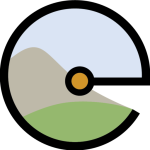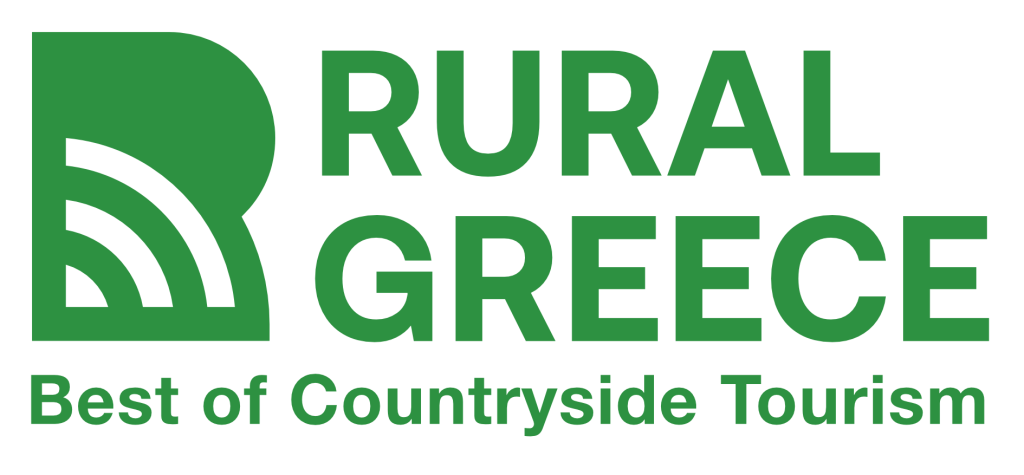Title – Name
EuroCluster Rural Tourism
Scope / Sector / Industry
European network supporting rural tourism enterprises
Country / Region
Europe
Why is it good practice?
EuroCluster Rural Tourism is a consortium of six partners aimed at supporting small and medium-sized enterprises (SMEs) operating in the rural tourism sector that lag behind in green and digital transitions. This project provides an opportunity to upgrade activities while simultaneously creating a critical mass of European rural tourism services in over 15 countries, supported by this form of cooperation with a vision for internationalization.
How is it applied?
EuroCluster Rural Tourism is a result of the European COSME Program. The cluster’s goal is to create a sustainable transnational network of advanced services to support at least 190 SMEs in the rural tourism sector. EuroCluster Rural Tourism aims to be a collaboration mechanism among regional tourism groups, professional rural tourism organizations, local development bodies, and transnational knowledge networks in rural tourism.
Support for these SMEs is provided through activities promoting knowledge, market expansion, extending tourism seasons, and offering better services, while also directly supporting the businesses themselves.
For better organization of these activities, data was collected via questionnaires on how rural accommodation SMEs currently receive support. Based on the collected responses, financial support is offered through the program to rural tourism SMEs for implementing improvements.
Two calls for proposals have been opened within the project, aimed at rural tourism SMEs to receive support for improving their digital, green, and social skills. Participation in the program offers SMEs financial support in the form of a service package worth €5,000. The goal is to assist in designing and developing new tourism products for international markets. Specifically, in collaboration with specialized consultants (pre-approved service providers) from EU member states or third countries participating in the COSME program, they receive technical assistance and guidance for developing their digital, green, and soft/social skills.
Where is it applied?
The EuroCluster Rural Tourism calls are aimed at SMEs in the following categories:
- Hotels and other accommodations
- Non-primary tourist accommodations and other short-stay accommodations
- Camping sites, recreational vehicle parks, and trailer parks
Travel agencies, tour operator reservation services, and related activities - Other enterprises engaged in rural tourism
Additionally, SMEs must be established in the following EU member states or their regions, as well as third countries participating in the COSME program or their regions (Belgium: Wallonia, Bosnia and Herzegovina, Croatia, Czech Republic, Estonia, Greece, Hungary, Ireland, Italy, Latvia, Lithuania, Montenegro, Netherlands, North Macedonia, Romania: Harghita, Serbia, Slovakia, Slovenia, Spain: Aragon, Catalonia, La Rioja, Navarre).
When did it applied?
The project implementation period is from September 1, 2022, to August 31, 2024.
Results
EuroCluster Rural Tourism has already supported 134 SMEs within the framework of the first call, with participation from three Greek SMEs. According to the second call, another 61 SMEs are expected to be supported in total.
Additionally, within the network, an online repository of tools and information has been created to help improve the operations of rural tourism enterprises.
Other Information
The EuroCluster Rural Tourism Project consortium consists of the following six partners:
- Venetian Cluster – Italy
- Czech National Cluster Association – Czech Republic
- Asociatia de Dezvoltare Intercomunitara Harghita – Romania
- Asociación Cluster De Turismo Sostenible de Aragón – Spain
- Federation Europeenne de Tourisme Rural (Ruraltour) – France
- EURACADEMY Association – Greece
The support package for SMEs includes:
Phase 1:
- Initial and final capacity-building events for all supported SMEs in a region
- Self-assessment of the current situation to address improvement needs
- On-site inspection, product idea review, and improvement plan.
Phase 2:
- Guidance, technical advice, and support during the implementation process
- Budget for additional external services needed for implementation
- Final evaluation and follow-up visit from a consultant
- Final meeting and discussion of the results of supported actions among all supported SMEs.
Within the project and both calls, the 12 action areas SMEs have the opportunity to choose and improve are:
Digital Areas:
- Digitization of SME processes
- Digital marketing and promotion
- Dynamic marketing and data analysis, data-driven marketing strategy
Green and Sustainable Areas:
- Sustainable management practices for SMEs
- CO2 management and reduction to combat climate change
- Sustainable mobility
- Gastronomy and food based on local production
Soft Skills/Social Issues:
- Socio-cultural skills (interaction with visitors from different cultural backgrounds)
- Creating experiences for visitors (developing corresponding products)
- Inclusive tourism for visitors with special needs
- Integration with the local community
- Interpretation techniques for cultural, historical, and natural resources
- The support provided to businesses includes capacity building, self-assessment, expert monitoring visits, on-site inspections and guidance, technical advice, and other additional services.
Official site EuroCluster Rural Tourism: https://www.euroclusterruraltourism.eu/




